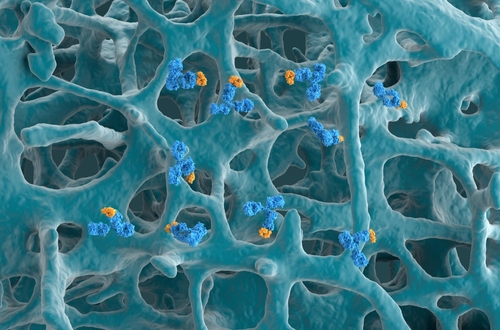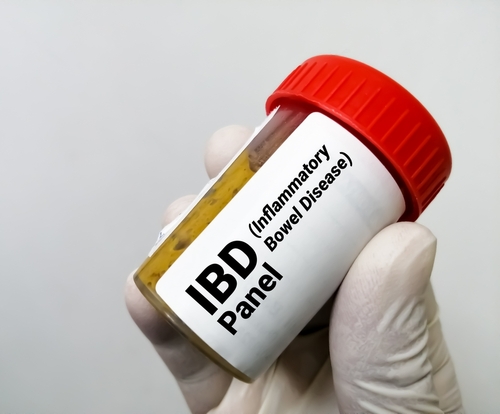
Studies have shown that therapies directed at eosinophilic phenotype asthma can reduce acute asthma exacerbations in adult patients; However, according to a study published in The Lancet, data on pediatric and diverse populations is sparse. After investigation, the study’s authors concluded that mepolizumab reduced the number of exacerbations in urban children with eosinophilic asthma.
The MUPPITS-2 randomized controlled trial was conducted in nine urban medical centers in the US, and evaluated children and adolescents from socioeconomically disadvantaged neighborhoods. The researchers also explored the molecular mechanisms of immune-based therapies as they relate to successful or unsuccessful prevention of asthma exacerbations.
Participants were randomized to receive mepolizumab or placebo injections once every four weeks, alongside guideline-recommended care, for 52 weeks. The primary end point of the study was the number of asthma exacerbations requiring systemic corticosteroids during the intervention period. Underlying mechanisms driving treatment response or lack thereof were evaluated using nasal transcriptomic modular analysis.
Urban Children Treated With Mepolizumab for Eosinophilic Asthma
The intention-to-treat population included 290 participants (mepolizumab n=146; placebo n=144), of which 248 completed the study. During the 52-week trial period, the mean number of asthma exacerbations was 0.96 (95% CI, 0.78-1.17) in the mepolizumab group and 1.30 (95% CI, 1.08-1.57) in the placebo group (rate ratio 0.73; 95% CI, 0.56-0.96; P=.027).
The authors reported that treatment-emergent adverse events occurred in 42 (29%) of 146 patients in the mepolizumab group compared to 16 (11%) of 144 patients in the placebo group. No deaths were attributed to the study treatment.
Ultimately, the authors found that mepolizumab was effective for reducing exacerbations in urban children with eosinophilic asthma, consistent with previous studies on adult populations. No conclusions related to underlying mechanisms of exacerbation prevention via immune-based therapies were offered in the abstract.







 © 2025 Mashup Media, LLC, a Formedics Property. All Rights Reserved.
© 2025 Mashup Media, LLC, a Formedics Property. All Rights Reserved.